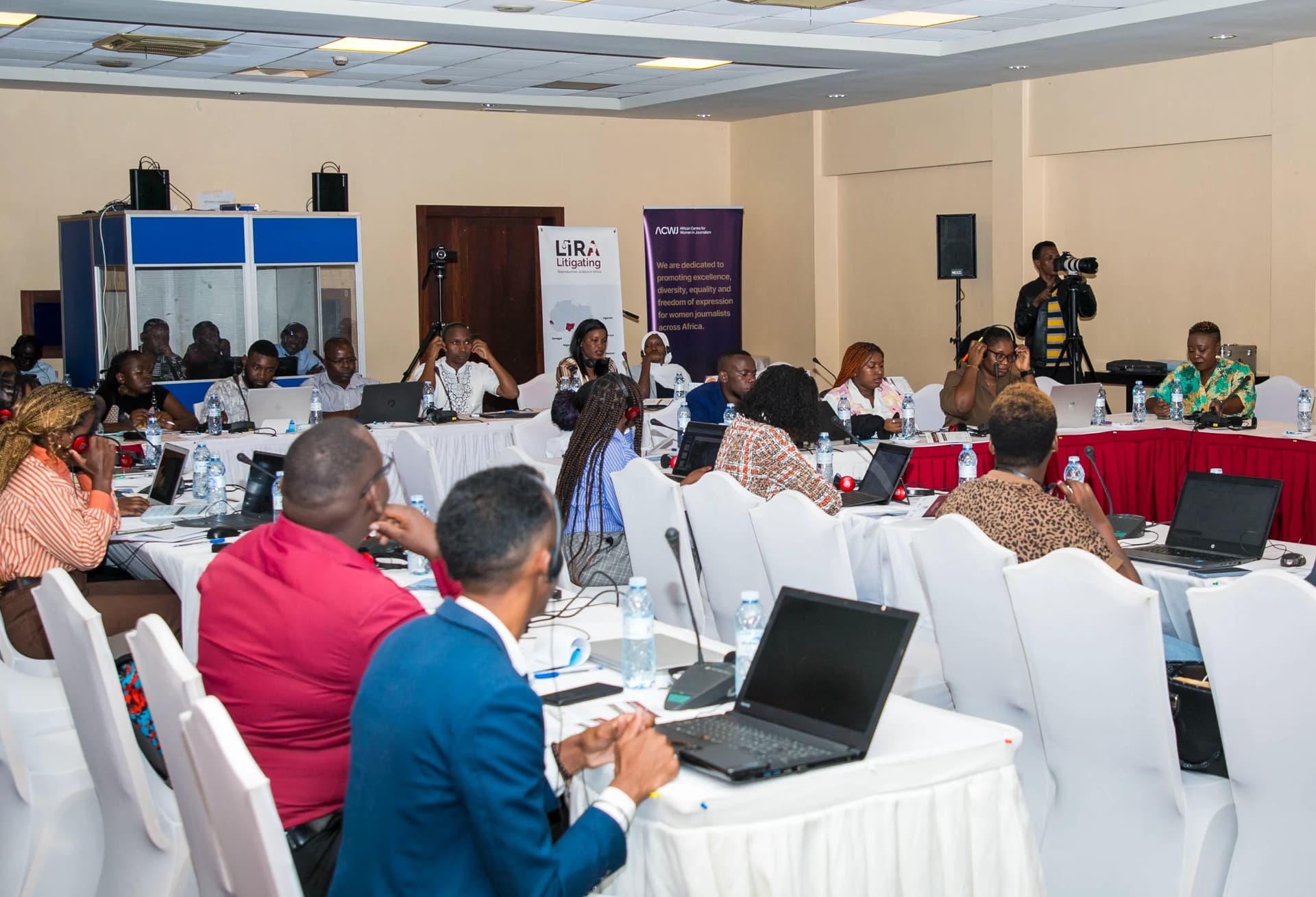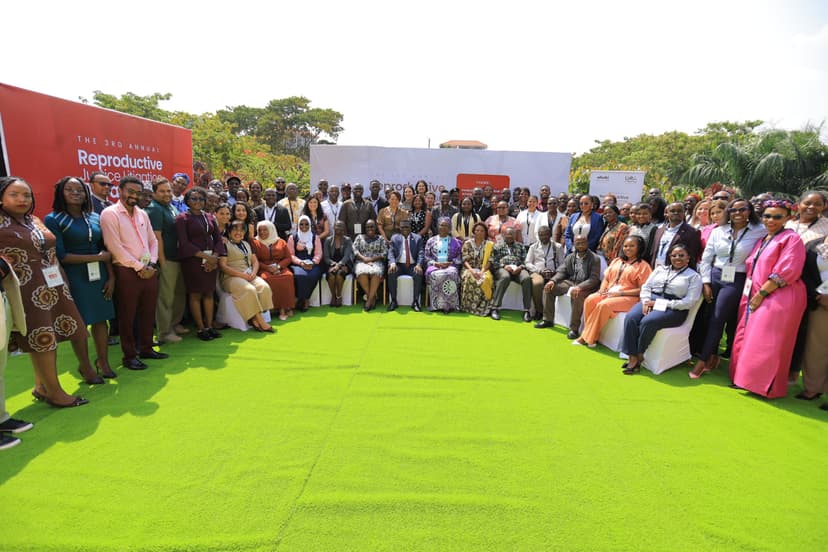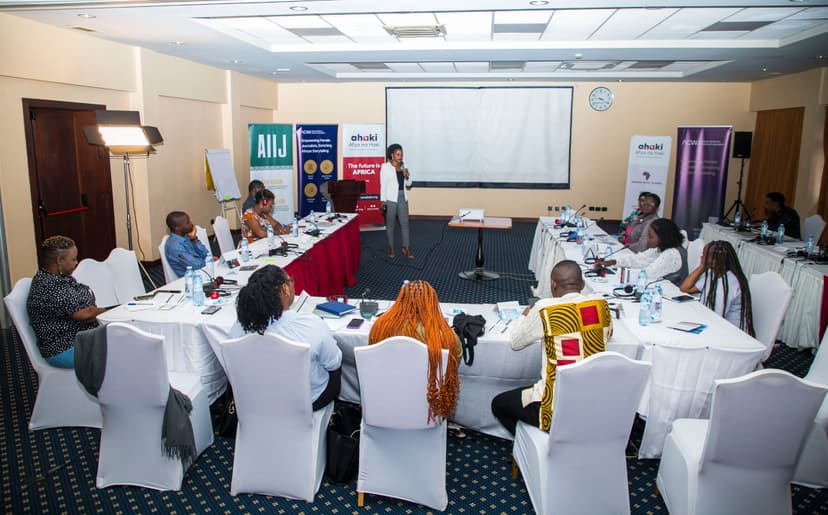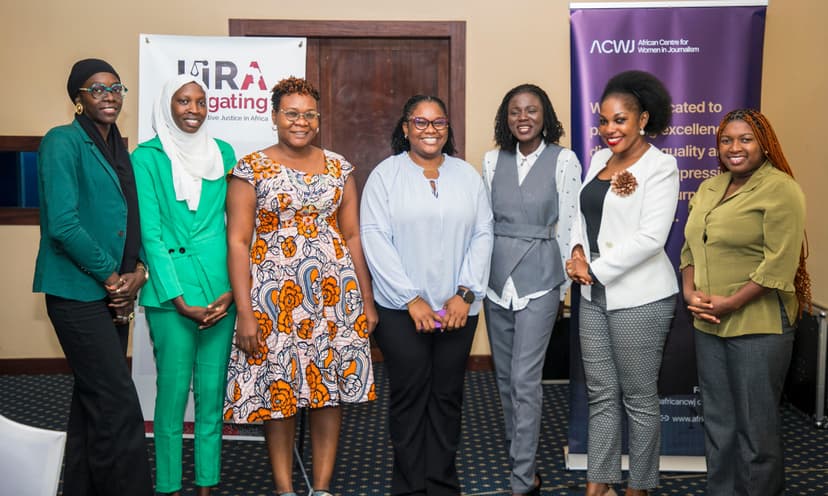Training and Capacity Building
We provide specialized training in investigative techniques, data journalism, multimedia storytelling, and safety. Our programs, including immersive workshops and a robust mentorship program, build a deep understanding of issues like SRHR, economic justice, and climate change through an Afro-centric lens. The goal is to enhance the quality, depth, and impact of reporting on women's issues.

Overview
The ACWJ Training and Capacity Building program is designed to equip female journalists with the essential skills and knowledge needed to excel. We focus on practical, cutting-edge techniques in investigative journalism, data analysis, digital and multimedia storytelling, and safety protocols. /n Our training ensures you have a deep understanding of critical gender issues, including Sexual and Reproductive Health and Rights (SRHR), economic justice, and climate change, all approached from an Afro-centric perspective. The core goal is to significantly enhance the quality, depth, and overall impact of your reporting on women's issues across Africa.
Our approach is hands-on and relevant to the challenges you face.
Immersive Skills Workshops
We conduct intensive, hands-on workshops where journalists actively practice and master cutting-edge skills. These sessions cover investigative techniques, data journalism, multimedia storytelling, and ethical, gender-sensitive framing relevant to African contexts.
Targeted fellowship programs
Our fellowships offer focused, in-depth learning opportunities. These programs allow selected female journalists to develop specialized expertise in critical areas, often involving mentorship and support for significant reporting projects.
Accessible online courses & webinars
To reach women journalists across the continent, we provide online courses and webinars. These cover a range of essential skills and current topics, allowing for flexible learning that fits your schedule and location.
Robust mentorship network
We connect emerging female journalists with experienced professionals and editors through a structured mentorship program. This provides invaluable guidance, career support, and helps expand professional networks within African media.
Resources and insights
This YALI Network guide introduces core ethical principles for journalism—truth, minimizing harm, independence, and accountability providing a foundational resource for young and emerging African journalists.
Published: May 1, 2015
source: YALI Network (Young African Leaders Initiative)
The Rory Peck Trust offers rolling bursaries to freelance journalists globally, helping make Hostile Environment and First Aid Training (HEFAT) courses more accessible and affordable, prioritizing those working in high-risk environments.
source: Rory Peck Trust
This April 2024 academic article explores the South African Press Code through the lens of African moral theory, highlighting Afro-centric ethical values such as communal harmony, empathy, and inclusive narratives in journalism.
Published: April 8, 2024
source: Taylor & Francis Online (Journal: Communicatio) / Authors of the article


